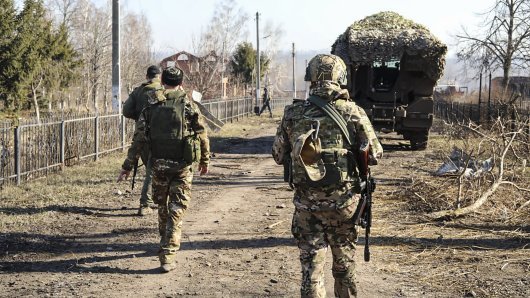The European Union's strategy for the Danube region, adopted by the Council of the European Union and expected to be adopted by the European Council by June, strengthens the territorial cooperation and interaction among Danube regions, Croatia's Deputy Prime Minister and Foreign Affairs and European Integration Minister, Gordan Jandrokovic, told reporters in Vukovar on Friday, after an international event which brought together officials of 14 countries covered by the said strategy and EU representatives who talked about the strategy and its role in improving living conditions in the entire Danube River region.
Jandrokovic recalled that Croatia, within the Danube Region Strategy, would coordinate activities in two areas - together with Bavaria it would be in charge of protecting biodiversity and with Baden-Wuerttemberg it would coordinate support for strengthening the competitiveness of businesses.
He expressed conviction that Croatia would wrap up its EU entry talks in June, after which it would be even more helpful to the countries of the Danube region, EU hopefuls.
The European Commissioner for Regional Policy, Johannes Hahn, stressed that some 115 million people live in the Danube region. He said the Danube was the world's most international river, running through ten European countries.
We want to establish strong cooperation not only among member-countries but also among regions. At present, only 10 percent of the Danube potential for cargo transport is being used, and possibilities in this area are great, Hahn said speaking about the political and economic prospects of the Danube region.
He warned that a successful implementation of the Danube strategy was possible only with the active participation of the regional and local authorities and civil society of the entire Danube region.
Chairwoman of the Committee of the Regions Mercedes Bresso said that approximately 70 percent of public investments within the EU are made by local and regional authorities, stressing that they are very important impellers of regional development in the Danube region too.
Once it joins the European Union, Croatia will have eight members and as many deputies in the Committee of the Regions, Bresso said.
The Hungarian government's commissioner for the EU Danube Region Strategy, Etelka Barsi-Pataky, said the Strategy created additional value based on the strengthening of the cooperation among EU member states and non-EU countries on an equal footing.
The conference was opened by Croatian Prime Minister Jadranka Kosor.
The Danube Region Strategy covers a fifth of the EU, or about 115 million people in 14 countries, of which eight are member-states (Germany, Austria, Hungary, the Czech Republic, Slovakia, Slovenia, Bulgaria and Romania) and six are non-EU countries (Croatia, Serbia, Bosnia and Herzegovina, Montenegro, Ukraine and Moldova).



































